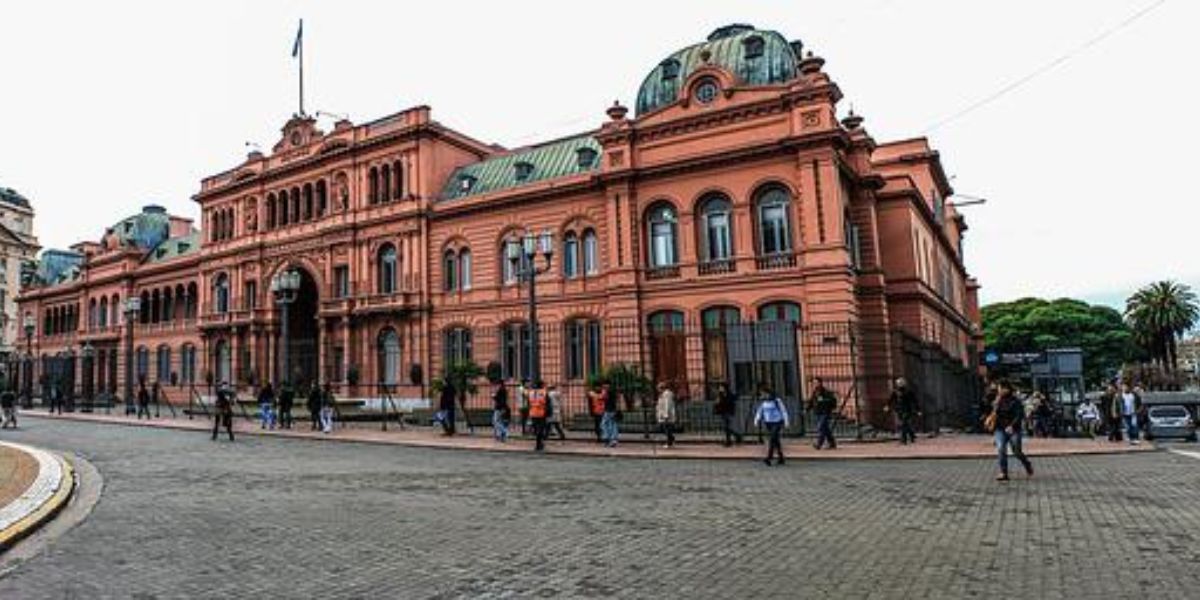The Treasury Minister, Nicolas Dujovne, on October 31, 2017, announced a tax reform plan. This proposed tax reform includes tax procedure law, corporate income tax reduction, criminal law, individual income tax, social security contributions, capital gains tax, Value Added Tax (VAT), excise tax, fuel tax etc. This proposal has not been sent to National Congress yet. It needs to be passed by the National Congress for being law. The summary of the proposal is given below:
- This proposal includes a plan of reducing corporate income tax gradually from 35% to 25% during the years 2018 to 2021. This rate would apply only to profits not distributed to shareholders for inspiring investment.
- The introduction of dividend tax at a rate of 10% to promote reinvestment along with the corporate rate cut.
- The personal income derive from the financial investments would be subject to 5% rate or 15%.
- The reform adds a new capital gains tax of 15% on profits from government bonds issued in foreign currency or indexed to inflation and 5% on local-currency. But, Capital gains income from stocks would remain exempt.
- The reform would also lower employer social security taxes.
- The reform would reduce the excise tax on certain goods, containing mobile phones, TVs and mid-range cars and would increase the excise tax on certain goods, including aircraft, vessels, wines, whiskeys, beers and soda, sugary drinks.
- It would make various changes to the tax procedural regulations, like taxpayers’ rights, electronic tax.
- The bill also would implement the Mutual Agreement Procedure (MAP) covered in income tax treaties and APAs.
- The fuel tax (natural gas, coal, liquid fuels, and liquefied gas) would be modified and simplified as per the proposal.
- New VAT obligation would introduce regarding supplies of digital services by non-resident suppliers.
















